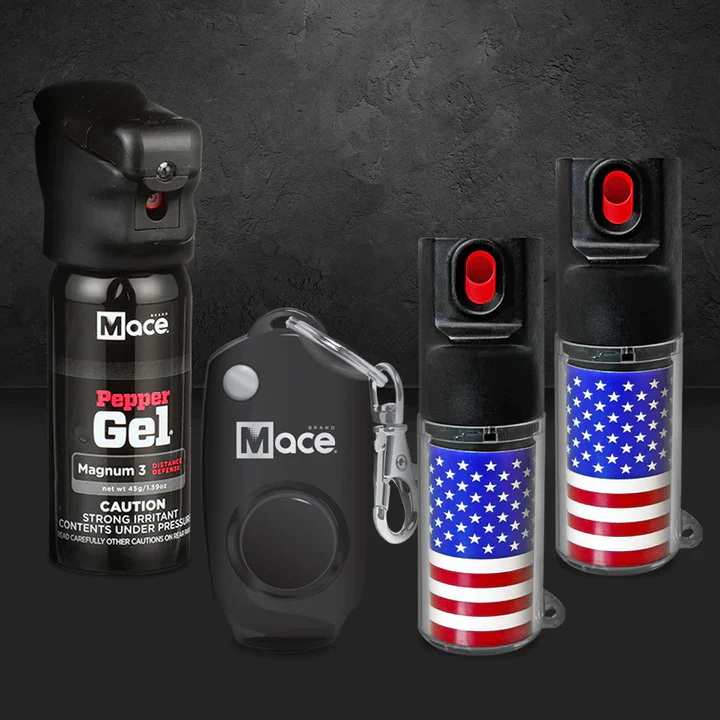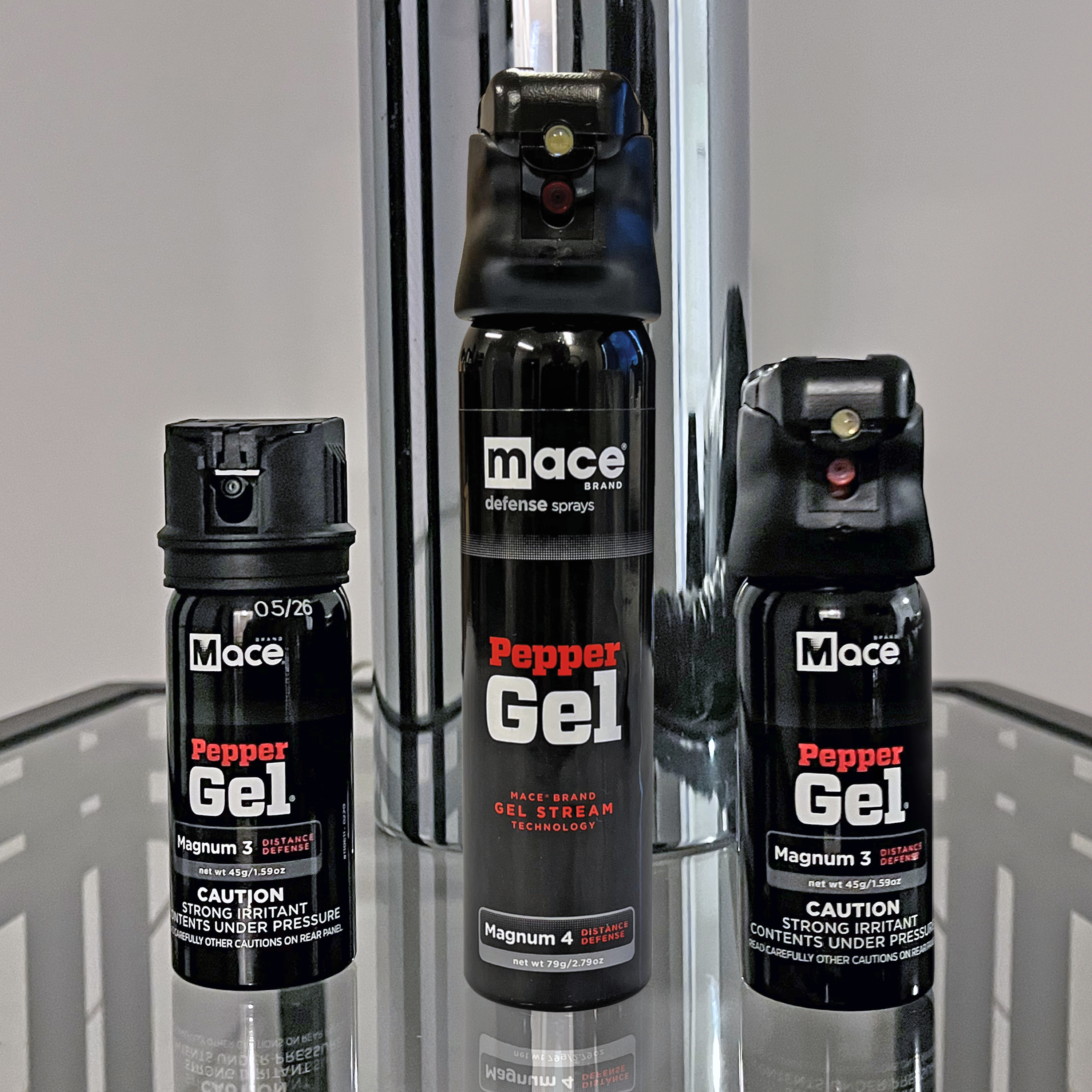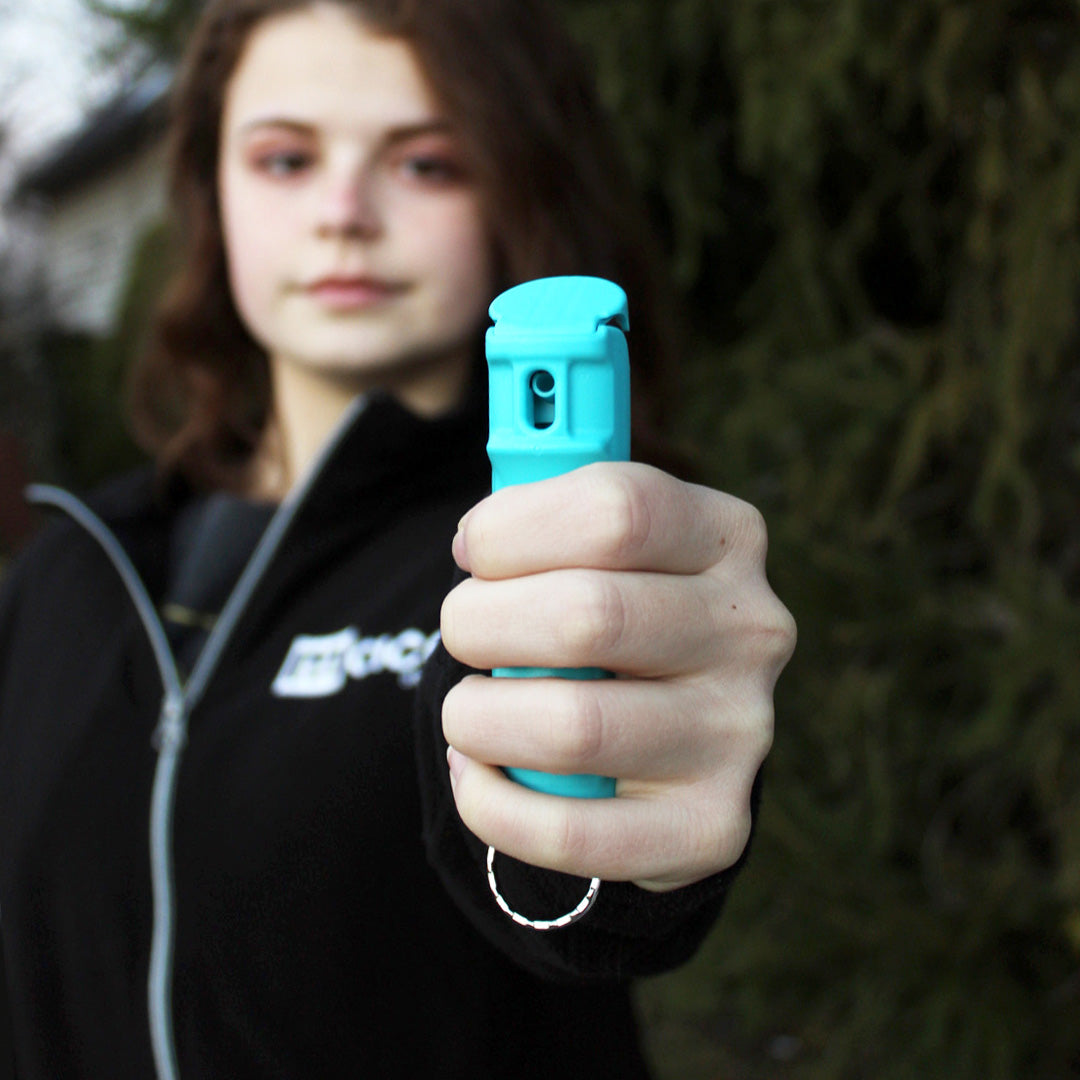Community Support
Two years ago, MarRay Turner was making $9 an hour toiling at a food service job, but he’d always envisioned something better for himself.
At the time, he’d just finished serving a 5-year prison term at Marion Correctional Institution in Marion, Ohio, for felonious assault. Yet despite the harsh circumstances of his former life and his own bitter mistakes, he’d begun to turn his life around.
While in prison, he’d earned his GED. Now, he was eager to make up for lost time by finding a stable, decent-paying job and reconnecting with his children, three of whom are now grown.
Turner had worked low-paying food service jobs for most of his life. “I just knew there had to be something better than that,” said the 44-year-old, who grew up in the Woodhill Homes public housing development on Cleveland’s east side.
When he learned about the ACCESS to Manufacturing Careers program, a workforce readiness initiative which helps returning citizens find jobs in manufacturing, he decided to quit his job and enroll. He was part of a cohort of nine men who participated in the program last summer, spending four weeks learning things like how to read a blueprint, how to use measuring tools, and job safety.
Participants attended class virtually from 10 a.m. to 12:30 p.m., and had daily homework assignments. They were paid $800 per week to attend the program. After graduation, 77% of the men found jobs in manufacturing, a good success rate especially for a pilot program.
Turner landed a job at MACE Security on Carnegie Avenue in Midtown Cleveland. He works the overnight shift assembling cans of MACE so that they can be packaged and sent to customers. He earns $13 an hour, significantly more than his previous job, though still less than what many economists would say is a living wage job. After working there for several more months, he will be eligible for healthcare benefits and a 401k plan, as well.
MACE Security executive chairman Sanjay Singh said the ACCESS program has helped him hire people like Turner, workers who need additional training and support to be successful in manufacturing jobs.
“We want to offer a stable, good place to work,” said Singh.. The company had a hard time filling positions last year when the COVID-19 pandemic shut down daycares, creating barriers for parents to get to work. He said the ACCESS program helps by providing the training and support that returning citizens and other at-risk groups need to stay in their jobs. “The ACCESS program is a great bridge between people who are interested and getting jobs,” he said.

MarRay Turner at MACE Security Plant in Midtown, Cleveland. Photo: Lee Chilcote.
There are more than 8,000 open manufacturing jobs across the region, according to MAGNET, the nonprofit group that leads the ACCESS program, an initiative of the Workforce Connect Manufacturing Sector Partnership. It helps train and support people previously involved in the criminal justice system. There are nearly 3,000 people released from prison every year in Cuyahoga County.
“By far the biggest barrier to growth in manufacturing is finding talent,” said Adam Snyder, Sector Partnership leader for Workforce Connect. “Awareness of manufacturing is our biggest challenge. [Through this program] we’re helping them see that there are great opportunities out there.”
A hunger for workers
One of the things that makes the ACCESS program different is the cross-sector employer partnership, said Debbi Perkul, executive director of Workforce Partnerships for MAGNET. There are now nearly 20 employers that have agreed to participate in the program, and Towards Employment and the Precision Metalforming Association are serving as the training partners.
“What we’re doing is consolidating all employers who want to hire in one program,” said Perkul. “We’re also aggregating positions, organizing interview days and serving as the one point of contact.”
Another difference is that employers have agreed to offer candidates jobs at the end of the program. “One of the things that’s exciting about this partnership is that it’s not just a program where you hope there’s a job at the end,” she said.
Last year, the ACCESS program graduated 32 people, despite pivoting to mostly online classes during the Covid-19 pandemic. After experiencing success with the pilot, this year, MAGNET hopes to graduate more than 120 people this year. The agency also hopes to hold more in-person classes as the pandemic subsides.
Another reason why manufacturing is a good fit for these workers is that companies have entry level positions they’re eager to fill. “Manufacturers were interested in creating an innovative onramp for the reentering population,” said Snyder. “Also, manufacturing’s ability to hire people with a criminal background is much nimbler than some other industries, which might have some restrictions.”
Diversifying the industry
Another unique aspect of the ACCESS program is that MAGNET worked with employers and training providers to create a program that meets their needs. By bringing all of these partners to the table, they were able to ensure that these groups bought into the program and were invested in its success over the long-term.
On the training side, Towards Employment helped participants with everything from obtaining a chrome book to getting bus tickets for transportation, while the Precision Metal Forming Association designed a curriculum that would teach participants hard skills. Towards Employment also facilitated job interviews and provided coaching after people were placed in jobs.
“We provide a lot of support to make sure that someone is stable enough to get into the workforce,” said Jill Rizika, executive director of Towards Employment, a non-profit agency that connects employers and jobseekers. “The goal is that folks can come with foundational skills and advance more quickly.”
“With open positions, it’s critical that we look at different populations,” said Nichol Lopriore, director of workforce development at Precision Metalforming Association. “There’s a large pool of potential candidates out there. With the right tools and training, we can tap into this population.”
The partners also believe the ACCESS program could add much-needed diversity to Northeast Ohio’s manufacturing workforce, which is disproportionately white, male and 55 and older. In contrast, the reentry population is disproportionately young Black men, due in part to factors such as biased sentencing. “This can help drive some of our racial and social equity goals in our community, as well,” said Snyder.
Nearly two-thirds of the individuals Towards Employment works with every year have had some type of involvement in the criminal justice system. Rizika said that manufacturing jobs offer a second chance for returning citizens, especially given that they may be shut out of other types of jobs.
“Manufacturing offers a career that gets you to a living wage, and the employers are hurting for people,” she said. Although Ohio lost over 500,000 manufacturing jobs during the 2008 recession, it has partially rebounded since then. Wages have declined but are still higher than service sector jobs. “This is a way to tap untapped talent.”
As the ACCESS program continues to grow this year, MAGNET hopes to expand its reach to new populations, such as immigrants or women, and possibly even export its successes beyond Cleveland.
“There’s limitless opportunity for it,” said Perkul. “So many people in the region are prime candidates for starting a career in manufacturing. The trick is piquing their interest and excitement.”
Turner said he loves his job at MACE Security, and it’s given him the stability he needs to get reestablished in the community and with his family. “I want to show people that you can change, that it’s never too late,” he said. I want to show my kids that in the first part of my life, I messed up, but you don’t have to give up.”
To learn more about the ACCESS program, please contact Nettie King at Towards Employment at nking@towardsemployment.org or 216-219-1155.
MAGNET is an underwriter of The Land, helping to support coverage of workforce development in Cleveland’s neighborhoods.
Lee Chilcote is a freelance writer and editor of The Land.








